Is it possible to decolonize health care in Manitoba?
Margaret Hart [M.Ed./21] believes the answer is yes – if Indigenous people and anti-racist allies work together like termites attacking a house.
“We can eat away at that system, and it will collapse,” said Hart, the Ininiw (Cree) scholar in the College of Rehabilitation Sciences.
Hart was one of more than a dozen champions for Indigenous health and social justice who shared their wisdom at an all-day gathering in September 2023.
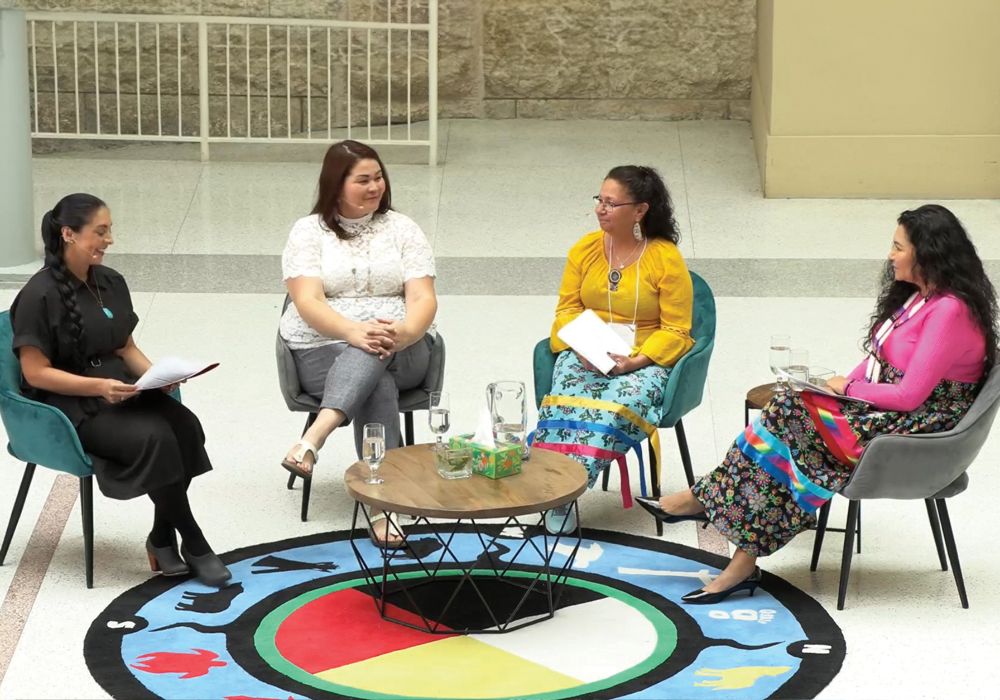
The event, Legacy and Innovation: Cultural Safety in Indigenous Health, was organized by Ongomiizwin, the Indigenous Institute of Health and Healing in the Rady Faculty of Health Sciences. Dr. Niigaan Sinclair, UM professor of Indigenous studies, served as emcee.
The key purpose of the event was to enable Ongomiizwin to video-record interviews, conversations and panel discussions. The resulting material will be used in the creation of 10 new online educational modules that will deliver Indigenous cultural safety training to about 50,000 Manitoba health-care workers and members of the Rady Faculty.
Cultural safety training has been provided to Manitoba health workers since 2015, said Marcia Anderson [MD/02], the Cree-Anishinaabe physician who is vice-dean Indigenous health, social justice and anti-racism of the Rady Faculty.
“But there was no clear process for how it was going to be embedded into policy, or how health workers were going to be held accountable for actually delivering anti-racist health care,” she said.
The new training, to be launched in the fall of 2024, will be accompanied by a change-management process that will include multiple levels of accountability, Anderson said. The aim is to close the health gaps that Indigenous people continue to experience.
A strong theme at the event was that greater Indigenous self-determination is vital to improving Indigenous health, and that change must be Indigenous-led. “To decolonize health care, we have to start from community,” said Hart.
Several speakers recounted how they had learned from Elders and community members to combine Indigenous ways of knowing and being with the biomedical know-how they had obtained at UM.
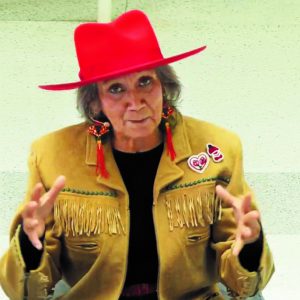
Cree dentist Mary Jane McCallum [DMD/90, LLD/22], now a Canadian senator, recalled graduating from UM as a productivity-obsessed clinician, focused only on patients’ mouths.
She eventually grew to understand that health is not only physical, but mental, emotional and spiritual. “I started looking at my clinic as sacred space, and the work that I did as a ceremony,” she said.
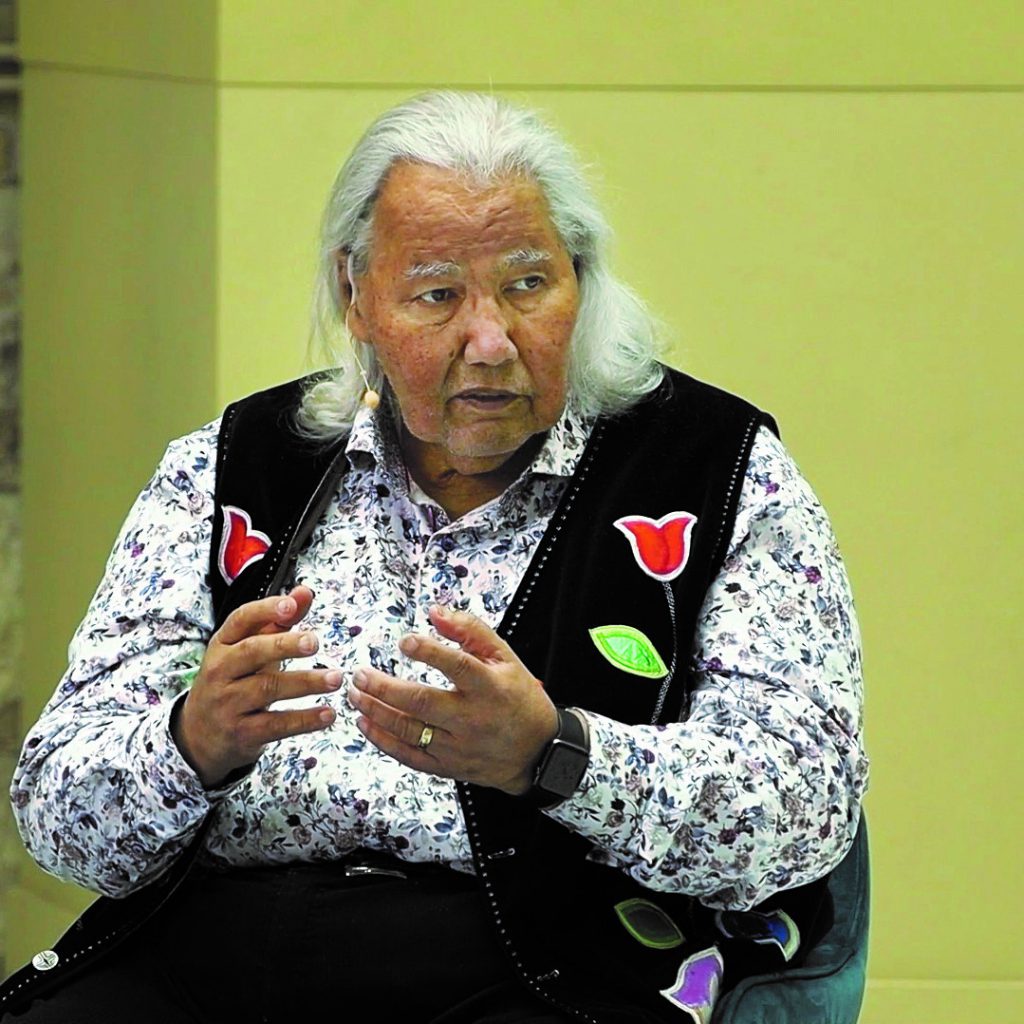
The Hon. Murray Sinclair [LLB/79, LLD/02], the Anishinaabe former judge who led the Truth and Reconciliation Commission of Canada, recalled that when he was a young boy in the 1950s, an elderly Cree healer treated his debilitating migraine headaches through ceremony. He never suffered another migraine.
“She cured me,” Sinclair said. “Not only do I believe in the healers, I also believe in the other work that our Elders and specialists do for us, [including] our system of justice, our system of laws, our system of taking care of families.
“[In] the Western medical model … they believe that the answer is in pharmacy, in pills and medication. And you know, it’s not. Sometimes the answer is in ceremony.”
Speakers emphasized that Western medicine tends to blame the individual for illness. Anyone working in health care, they said, needs to understand that Indigenous people’s poorer health is systemic – rooted in the harms caused by colonization and in social determinants such as lack of education, jobs, housing and food.
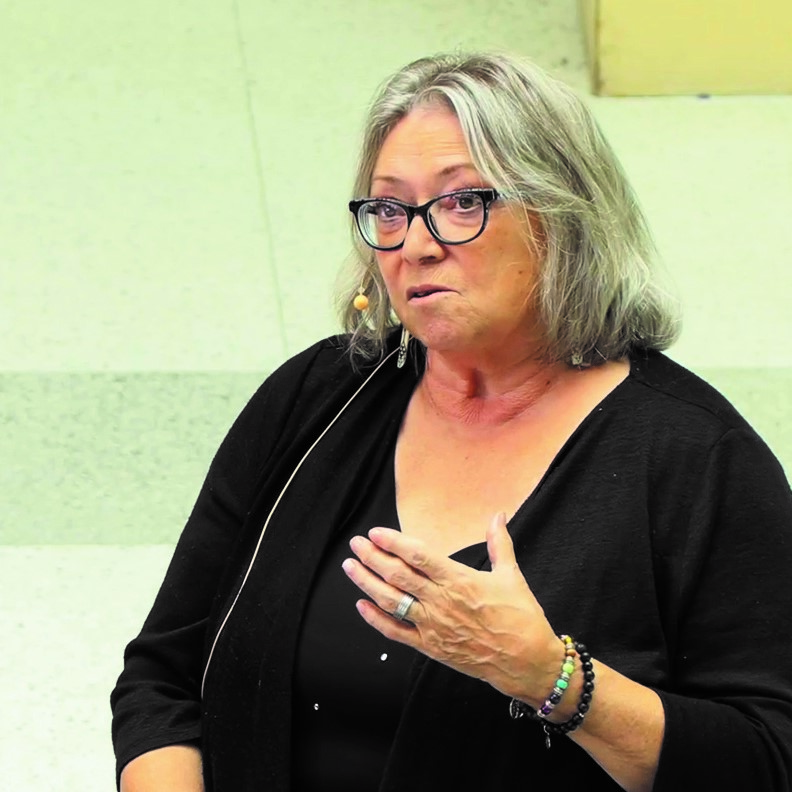
“You need to change your mindset about why people are ill,” said Métis family doctor Catherine Cook [MD/87, M.Sc./03], the inaugural vice-president (Indigenous) of UM.
Cook added about all Indigenous people, “We have the right to be treated with respect…. It’s very important with health care that you respect the people that you serve. Meeting their needs, making sure that they feel comfortable enough to ask the questions that they have … [those are] elements of cultural safety.”
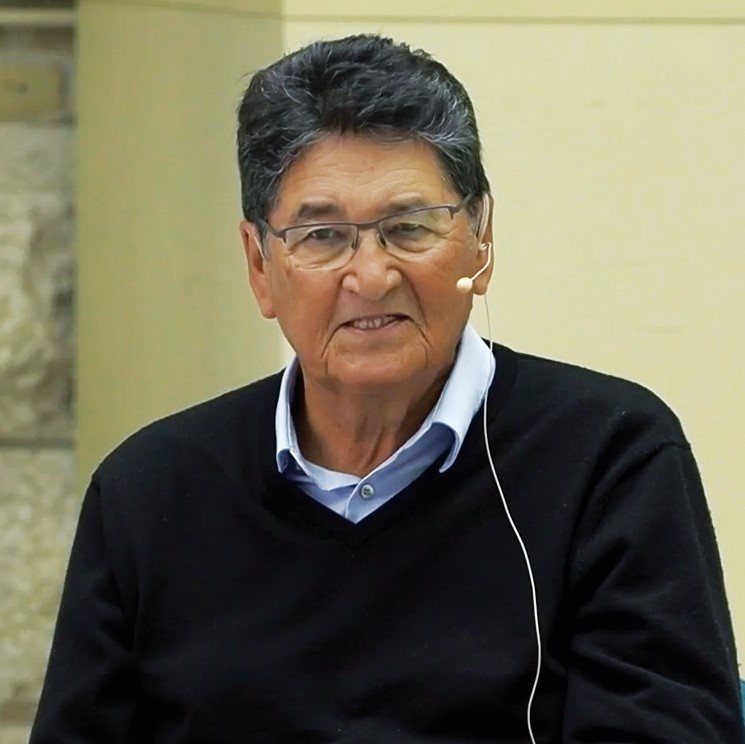
Ovide Mercredi [LLB/77, LLD/18], the lawyer who is former national chief of the Assembly of First Nations, advised Indigenous people to look for allies when opposing racism. “Even if you don’t have the power yourself to change things, you can find others with power … to do the right thing on your behalf.”
In a panel discussion, students and recent grads in the health professions called for more student rotations in Indigenous communities.
“One of the most important steps in creating a culturally safe environment for patients is prioritizing our own learning about Indigenous culture [and] traditional Indigenous healing practices,” said Melanie Poirier [B.Sc./18], a Métis fourth-year pharmacy student.
Carly McLellan [BA/16, MD/20], an Indigenous woman with ties to Sapotaweyak Cree Nation and the Red River Métis Nation, is a family doctor in northern Manitoba. She said it too often falls to Indigenous students to speak up and educate others about Indigenous-specific racism in health care and health education.
“Students are often put in a position where they have to be changemakers, and I don’t think people recognize … how much it weighs on Indigenous medical students. We need stronger allies in all levels of health care and medical education to help lessen the burden.”
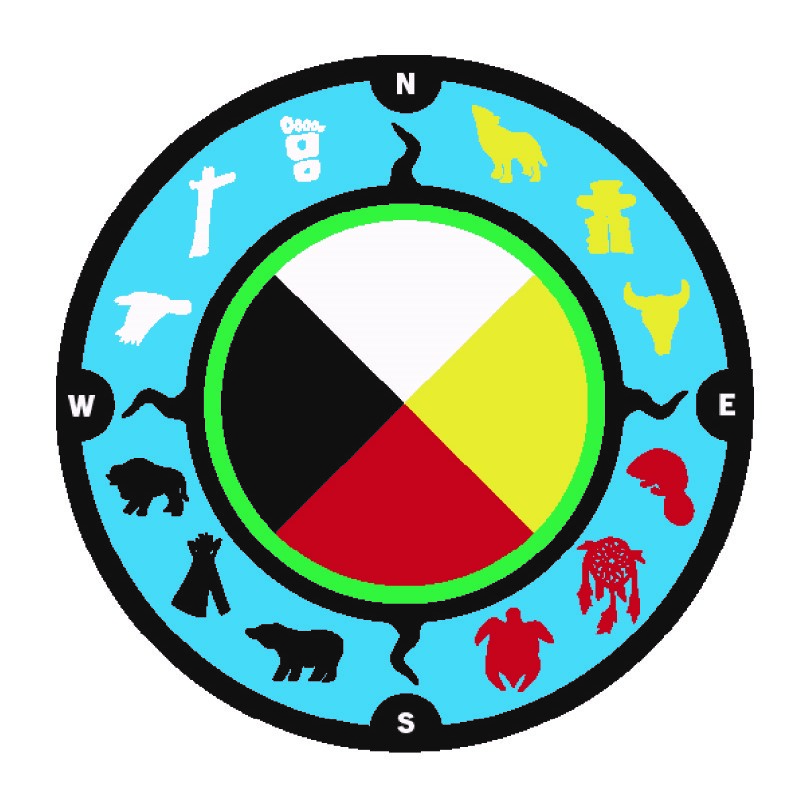
Courtney Campbell Leary [B.Sc./04, MD/08], a family physician in her home community of Norway House Cree Nation, has developed a program to share Indigenous cultural and healing practices with UM medical learners who do rotations in Norway House.
“Doctors tend to put doctors at the top, and they want to learn from doctors,” she said. “But you can learn in any situation from any person, whether it’s your patient, the nurses, the allied health [worker], the home-care worker or the community itself.”
Wanda Phillips-Beck [M.Sc./10, PhD/22], an Anishinaabe nurse and adjunct UM faculty member who holds Manitoba’s first Indigenous Research Chair in Nursing, spoke about decolonizing research through steps such as quoting Knowledge Keepers’ voices and perspectives in scholarly papers.
She also emphasized that when working with Indigenous patients and communities, health-care providers should strive to do less talking.
“Take the time to be humble and to listen.”
BY ALISON MAYES
